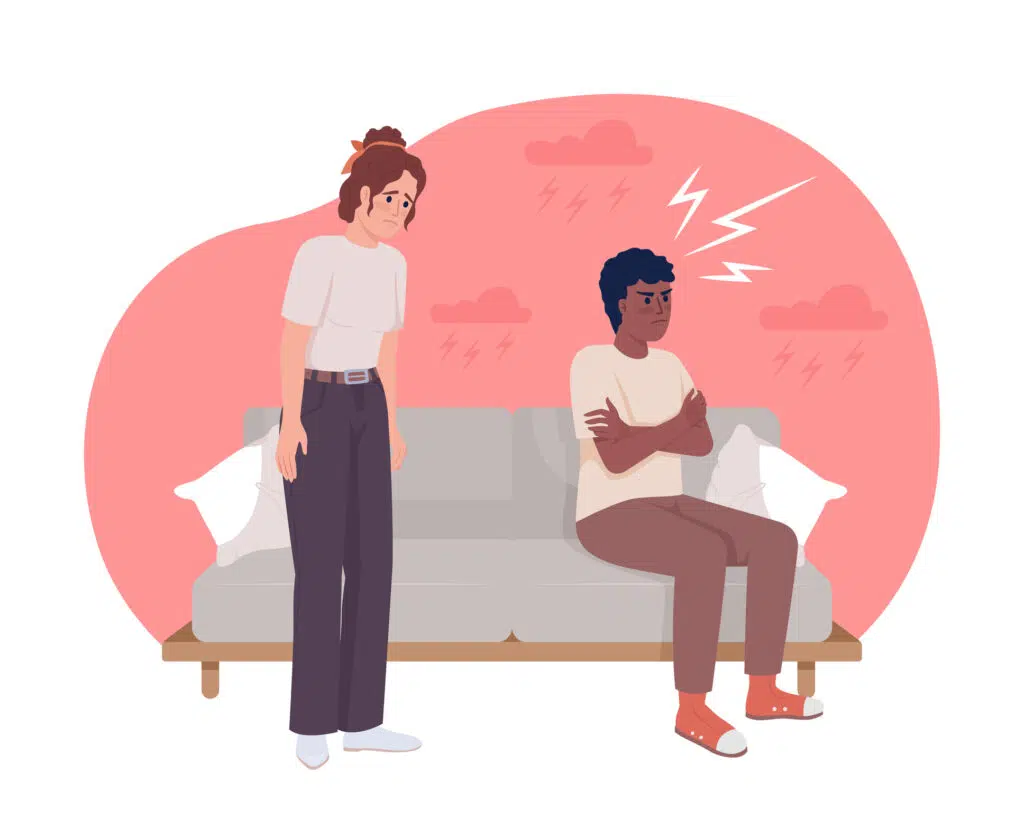7 Conditions that Respond Well to Neurofeedback Therapy

If you take medications for anxiety or depression and they don’t work well for you, it can be frustrating and may even do more harm than good.
At Thriving Center of Psychology, our experienced therapy team offers an alternative to medications: neurofeedback training. This noninvasive treatment can address your symptoms and help you better control the activity in your brain.
How neurofeedback therapy works
Neurofeedback training is a noninvasive procedure that measures your brainwave activity and body temperature. Electrodes that attach to your scalp send brainwave activity information to an electroencephalography (EEG) machine.
Your provider at Thriving Center of Psychology can see your brainwaves on the EEG machine in real-time. This helps them understand how your brain is working to process your thoughts, actions, and emotions, and how they trigger a response in your brain.
The information learned from neurofeedback training can highlight when your brainwaves aren’t working in balance together, which can contribute to or cause a number of conditions. By understanding how your brain is contributing to or causing certain conditions, your therapist can retrain your brain to help you find symptom relief.
Conditions neurofeedback therapy can treat
The team at Thriving center of Psychology can successfully use neurofeedback training to relieve symptoms of various conditions, such as:
- Stress
- Trauma
- Anxiety
- Autism
- Depression
- Substance abuse
- Early-stage Alzheimer’s disease
These conditions can cause your brain to develop new neural connections that lock your brain into certain patterns of thinking or behaviors.
What to expect during neurofeedback therapy
During neurofeedback training, you’ll listen to music or other sounds, view images on a screen, or engage in other simple activities. This engagement can help bring your brainwaves back into harmony and a more balanced state.
Your provider will monitor how your brain responds in real-time to the sounds and images. When your brain is producing positive activity, positive things occur. For example, if you’re watching a video and your brainwaves are positive, special music will play. When, however, your brainwave patterns aren’t as positive, the light in the screen might dim.
This instant feedback will help retrain your brain subconsciously. Over time, this will help you regain control over your thoughts and actions and help your brain activity remain in a better balance, so you’ll be able to get relief from symptoms, such as anxiety and depression.
Neurofeedback therapy can also enhance performance
If you’re looking for an effective way to achieve peak performance in sports or your career, neurofeedback training might help as well.
Our team at Thriving Center of Psychology can use neurofeedback training to maximize your athletic performance, boost your creativity and artistic skills, and increase your mental processing ability.
Before we provide neurofeedback training, we assess your physical health, mental health, and what you hope to accomplish with the therapy in order to determine if it’s right for you. In general, neurofeedback training is a safe and effective treatment that can help you live a happier, more satisfying life without medications.
To learn more about neurofeedback training and to see if it can help you, book an appointment online or over the phone with Thriving Center of Psychology today.

How to Move On After a Friendship Breakup
Friendship breakups can sting just as much as a romantic breakup. After all, you’re experiencing a loss of shared history and an understanding of each other that can leave you feeling lonely and isolated. Not all friendships are forever, but moving on from the loss of a friendship does take time and some self-compassion.

Signs You’re in a Toxic Relationship
A toxic relationship can chip away at your well-being and happiness. Toxic partners can be manipulative and charming, making it difficult to recognize the signs that you’re in a toxic relationship. You deserve to be in a supportive and healthy relationship.

10 Common Marriage Reconciliation Mistakes to Avoid After Infidelity
Infidelity can leave couples devastated. If you’ve been affected by infidelity and want to salvage your relationship, rebuild trust, or make a tough decision, keep reading for 10 common reconciliation mistakes to avoid after infidelity.

Survey: 72% of Americans are Stressing About the Upcoming Presidential Election
Political viewpoints in the U.S. have always been contentious, but is the impact of politics in the United States making it difficult for people to live their everyday lives? With some anticipating another brutal and long campaign season ahead of the upcoming 2024 presidential election, nearly half of Americans say politics is negatively impacting their mental health.




